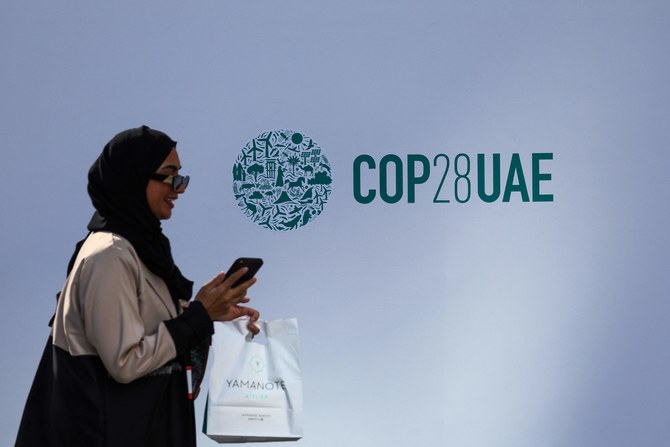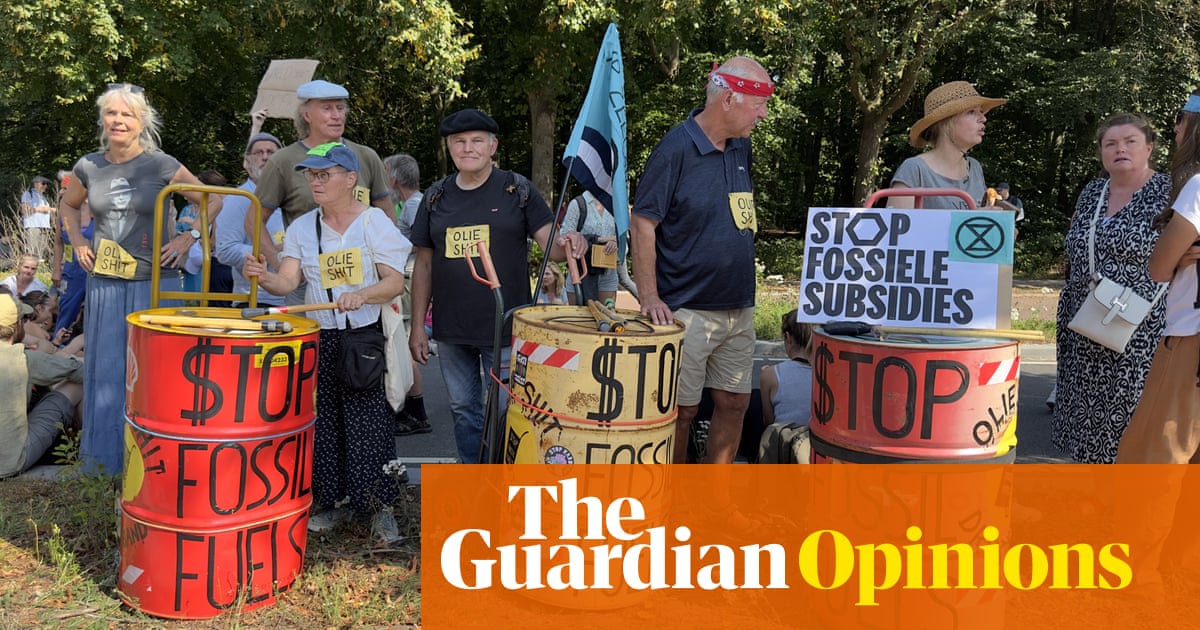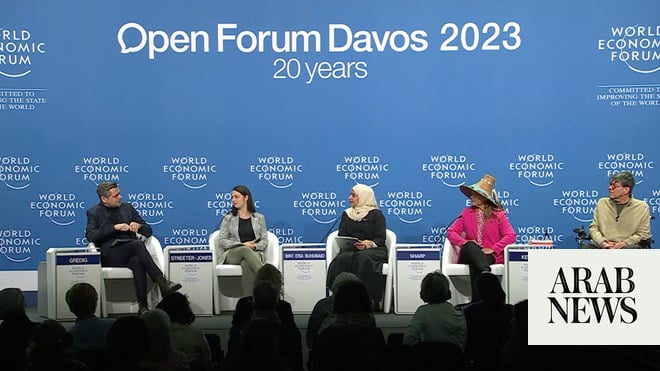
The world’s climate — as all but the most deluded climate change deniers know — is changing rapidly because of mankind’s impacts on nature. Thankfully, the atmosphere of humanity’s climate action is also transforming for the better.
Increasingly, it is becoming clear to activists that climate action is not something that we can leave to our governments, the way we do economic policy, national security or urban planning. If there was something to learn from the UN Climate Action Summit in New York last month, it was the stark contrast between the urgent, even extreme, language of one set of speakers and the moderate, guarded, bureaucratic rhetoric of the other.
On Sept. 21, youth leaders invited for a pre-summit conference by UN Secretary-General Antonio Guterres were in the spotlight. They outlined the challenges facing humanity in the bleakest terms, arguing that the world was betraying future generations by not acting on a war footing to scale back the carbon economy that, over 200 years, has knocked the world’s climate out of equilibrium — and almost to the point of no return. Sure, even I found Greta Thunberg’s “how dare you?” speech to be over the top. But I’ll grant that perhaps such situations require a little linguistic shock and awe to jolt the people in power out of their complacency.
Two days later, the world’s great powers got together, with a dusting of leaders from business and industry. And it was back to more of the same. They announced steps that were later described by the UN as “potentially far-reaching,” but that were read by most knowledgeable observers as “too little, too late.” This is especially true as, 30 years after the climate change crisis was identified as the greatest challenge facing the world, the stark truth is that global carbon emissions are still rising year by year, as we burn ever more coal, consume ever larger amounts of goods, and cut down ever greater expanses of forest.
Young people around the world instinctively know what the rest of us are now realizing: Nation states will never be able to produce cohesive action on climate change. The world order can deliver many things, but it is not set up for a problem as amorphous and all-encompassing as climate change.
The international world order is based on each country trying to advance its own interests (and indirectly those of its people). Paradoxically, “national interest” becomes paramount even when solving a problem of world-changing implications. No nation state wants to give up its national interest as a voluntary sacrifice for a larger good, which means that the great powers in the world system are also the slowest to accept restraints on their practices. The US, the world’s second-largest emitter of greenhouse gases, is now, under the Trump administration, conspicuously absent from climate change discussions, while other major powers like Brazil and Australia are ruled by governments that don’t accept the realities of climate change.
Further, nation states themselves are ruled by governments constituted by political parties with their gaze on short-term targets like the next election cycle. This makes them reluctant to take on the political risks attendant on belling the cat on climate change: More expensive energy prices domestically, for example, or an economic slowdown as a consequence of scaling back the carbon economy or imposing tougher environmental laws on industry.
Further, the developed world and the developing world find themselves antagonists in the climate change realm. Which side should make the sacrifices to rein in the carbon economy: The economies responsible for most of the emissions historically or the emerging economies generating the most greenhouses gases today? And what would an equitable division of the action look like? These negotiations could go on for decades, but by then it will be too late.
Thankfully, more and more people are realizing that the time to act is now — and they are coming together in meaningful ways. Last month, more than 7 million people all over the world agitated on the streets and squares of their neighborhoods in the Global Climate Action strikes. Last week, the climate action pressure group Extinction Rebellion launched its second fortnight of protests in London to galvanize humanity and pressure governments to take swifter action on climate change.
XR, as the movement is popularly known, has some clear demands in its charter (sign up now at rebellion.earth, or start your own local XR group), including the creation of a citizens’ assembly in each country to advise governments on climate change policy and help stave off pressure from powerful fossil fuel lobbies. In France, President Emmanuel Macron this month instituted such an assembly, made up of 150 randomly chosen French citizens from all walks of life.
A changing climate affects everybody everywhere. Human beings need to look past their nationalities and regional interests and find a way of thinking globally and acting locally if they want to win this fight. In the 20th century, political strategists found a new language of nationalism, rights and freedom to win independence for the people of their countries — who at the time were imperial subjects — the world over. The challenge of political strategists of our time is to find a similar language for climate action that cuts through the rhetoric of governments and corporations and generates transnational coalitions of individuals who share the same goals and can advocate for them in their communities.
In time, such groups will be able to pressure governments and international institutions with the force of real numbers, and also evolve a new template for democracy at the national level. In terms of climate action, 2019 has brought very little that is new from governments, but much from the people of our warming planet.
Chandrahas Choudhury is a writer based in New Delhi. His work also appears in Bloomberg View and Foreign Policy. Twitter: @Hashestweets












